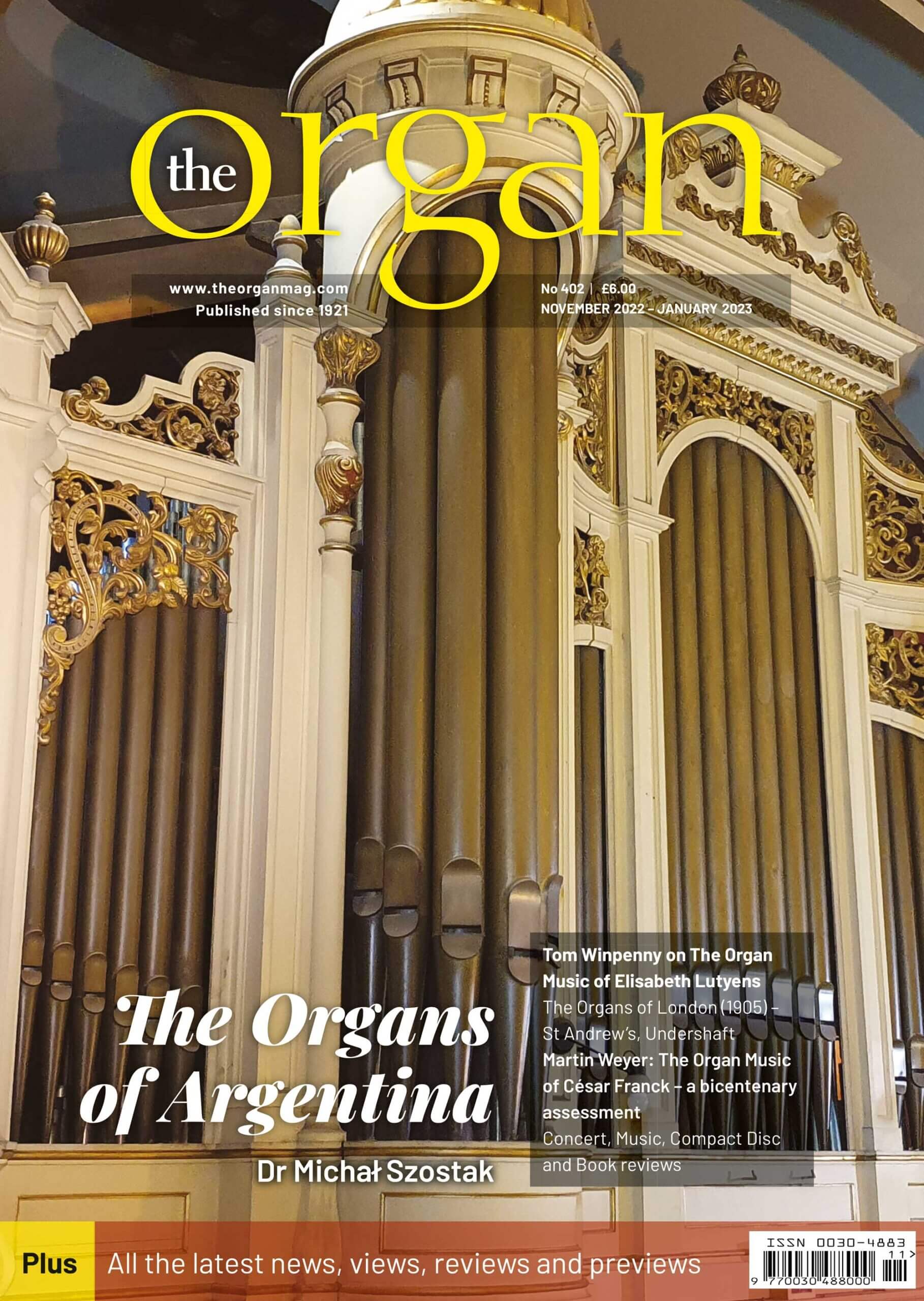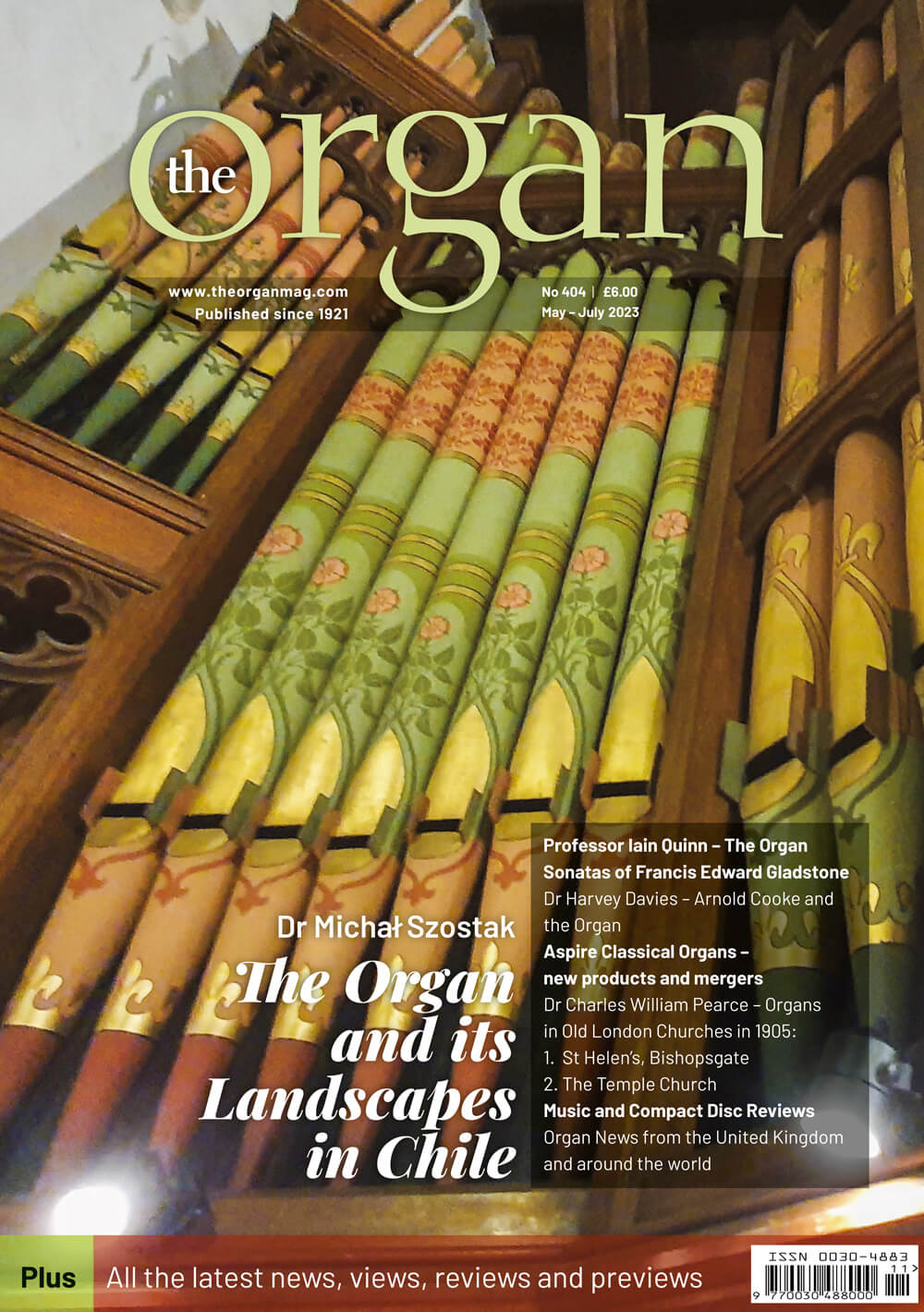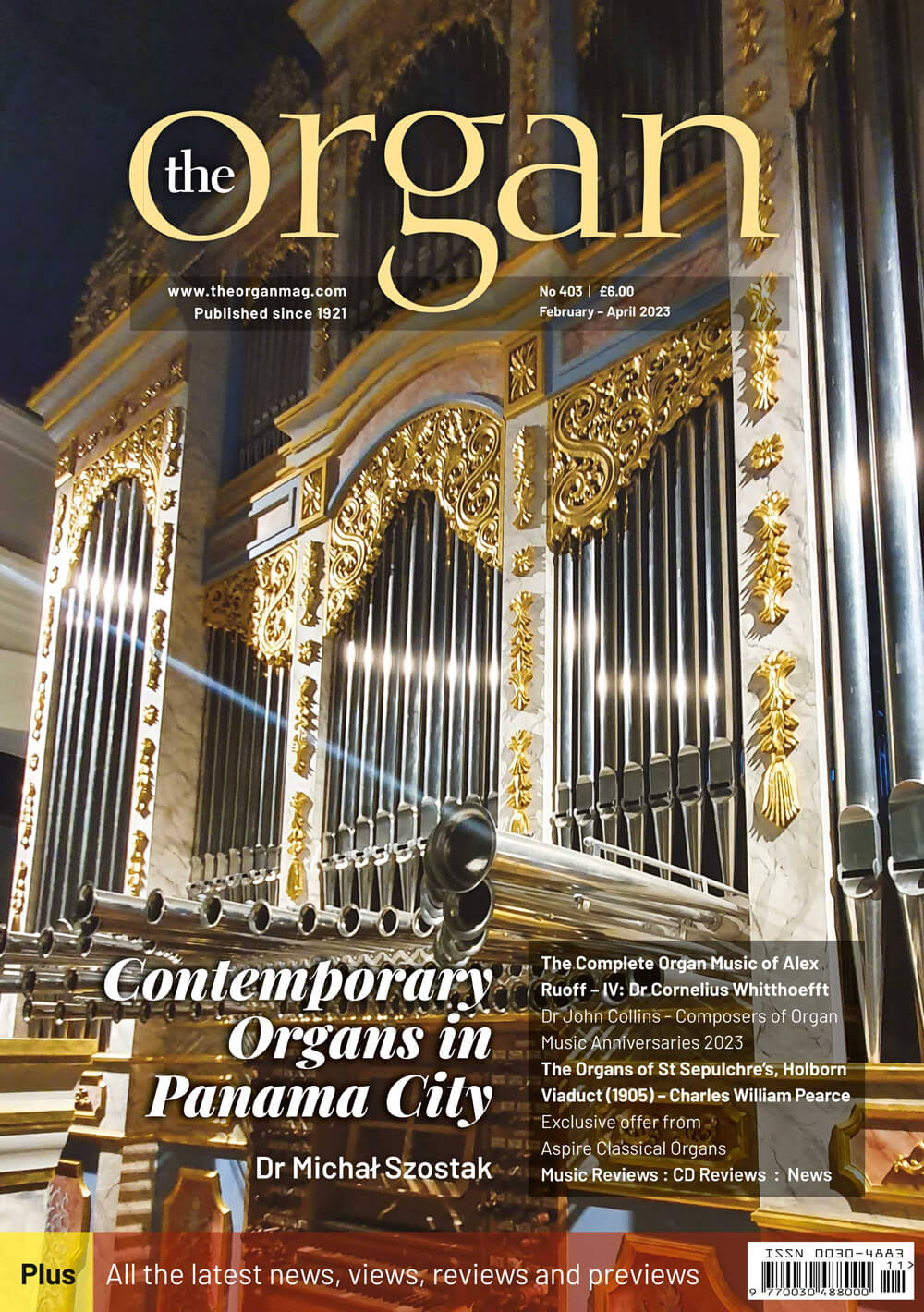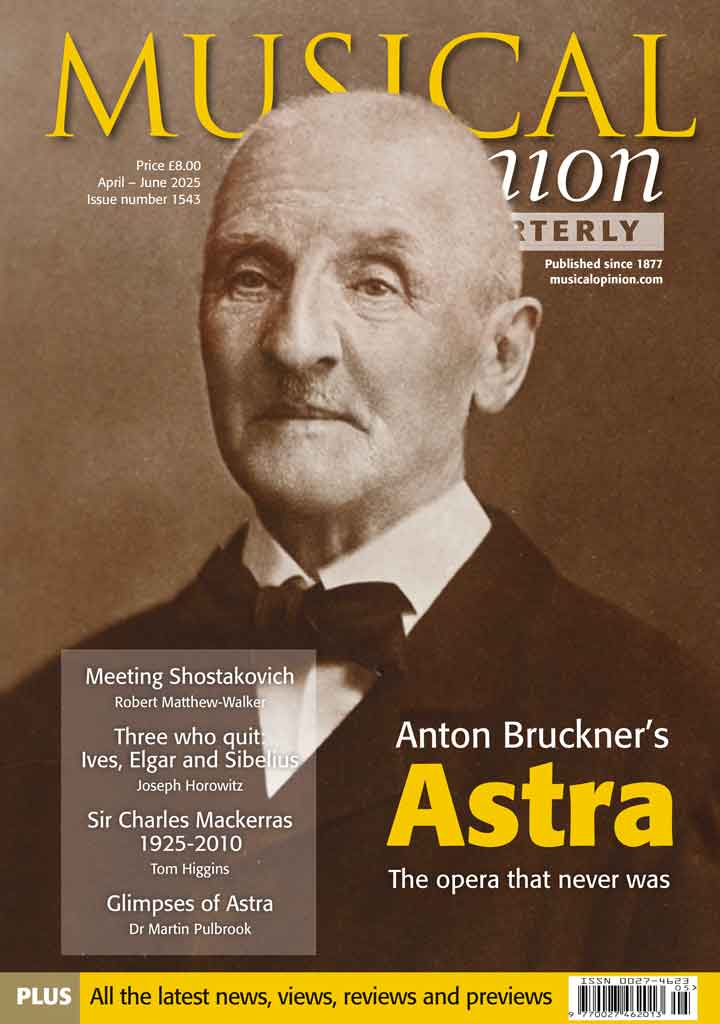

Current Issue
Reviews
Munich Bavarian State Opera – Donizetti: The Daughter of the Regiment
The last new production of Donizetti‘s opéra-comique La Fille du régiment at the Bavarian State Opera was in German (as Die Regimentstochter) and dates from September of 1935. The nearly 90-year gap is at least partly due to a general rejection in Germany of anything...
Handel: Jephtha: Royal Opera House, London
‘That whatsoever cometh forth of the doors of my house to meet me, when I return in peace from the children of Ammon, shall surely be the Lord’s, and I will offer it up for a burnt offering.’ Such is the vow of Jephtha, the eponymous hero of Handel’s final Oratorio....
Guest Editorial
Marx in London!
Scottish Opera Glasgow – Jonathan Dove: Marx in London! This opera was first heard at the Stadttheater Bonn in 2018 in a staging by Jürgen R. Weber in commemoration of Marx’s 200th anniversary. Weber’s production is a satirical account of one day from Marx’s life in...
Berlin Staatsoper unter den Linden – Wagner: Tannhäuser
What happens when an opera house asks a ballet dancer and choreographer with her own dance company to produce an opera? There is a lot of ballet where normally there is not, and there is hardly any Personenregie. Tannhäuser has a place for ballet, normally given to...
The Ring Cycle in Sofia, Bulgaria
Parsifal Parsifal was the sixth Wagner opera to be produced at the Sofia Opera by Plamen Kartaloff in his mission to develop a Wagnerian tradition in Bulgaria. First staged in 2015, the preparation for the opera was assisted by Richard Trimborn. Kartaloff believes...
ENO – Rhinegold
Wotan may be a god, but he never strikes me as the brightest button in the box. His decision to give away Freia as payment to the giants for Valhalla, his castle in the sky, has clearly not been thought through. So too is the Arts Council’s decision to uproot English...
Bari – Teatro Petruzzelli: La Traviata
Is it possible the there is one Musical Opinion reader who has never seen La Traviata? And maybe is it also possible this reader has not formed an opinion about the central character before even seeing the opera? And maybe this reader also has a great degree of...
Opera North: Rigoletto
If you stroll around the ever-expanding Salford Quays complex these days, you will see a very different Media City to the one when the Lowry Theatre first opened more than 20 years ago. BBC and ITV studios, hotels, bars, restaurants, apartment blocks, trams and an...
New Recital Series at Leighton House from Lisa Peacock Concert Management
Lisa Peacock Concert Management Ltd announces the greatly anticipated appearance in London of Juan Pérez Floristán, Gold Medallist of the Arthur Rubinstein International Piano Master Competition 2021 in music by Chopin, Liszt, Wagner/Liszt and Beethoven on Saturday...
Explore By Topic
Britten: Death in Venice
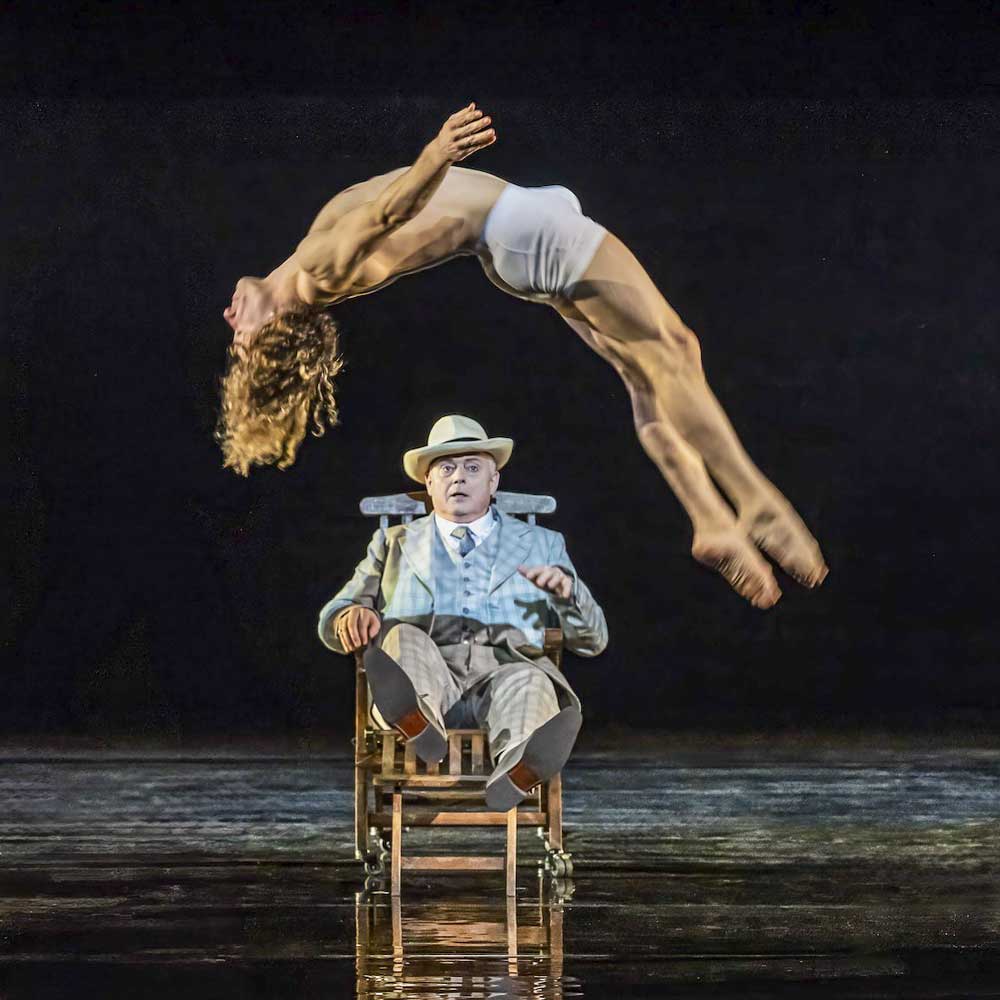
Welsh National Opera Millennium Centre
Benjamin Britten’s final opera is a true summation of his life’s work, a life he knew was coming to an end as he struggled determinedly to complete the piece. This was a deeply-felt love-offering to his partner Peter Pears, and so perfectly is the writing tailored to that tenor’s unique vocal qualities that subsequent performers have found the task daunting. Not so Mark le Brocq, whose assumption of the role on March 9 in this Welsh National Opera production grows movingly through this lengthy portrayal of the moral and intellectual disintegration of Gustav von Aschenbach, become creatively arid as the protagonist writer in the Thomas Mann novella which is the basis of Myfanwy Piper’s adroit libretto.
The opera also bravely confronts Britten’s own homoeroticism, not least when roused by young boys. Aschenbach is increasingly obsessed by the beauty of the young Tadziu, a fellow-guest with his Polish family at the Hotel des Bains on the Venice Lido, and he employs all kinds of self-deceptions to justify his vain pursuit.
But not only is Death in Venice a confession of Britten’s own tormented libido, it is also a wonderful compendium of many of his musical fingerprints through such a tragically short life. Here we have the Schoenbergian sprechgesang to which he so often covertly resorted, here we have the three levels of musical colour (piano accompaniment underlying Aschenbach’s lengthy recitatives, percussion-punctuated gamelan glittering the allure of Tadziu, full orchestra for the other characters – of which there are many, all ably undertaken by members of the WNO Chorus), a technique we had admired in the War Requiem of 1962, and here we have choral dances punctuating stage action as in Gloriana of the Coronation Year 1953. We also hear, as the opera approaches its end, Aschenbach’s broken-hearted death very near, the sweetly astringent sounds of the music of Alban Berg, with whom Britten would have loved to have studied in his very early days.
The brilliant new production for WNO directed by Olivia Fuchs brought this thoughtful, perhaps over-cerebral opera to absorbing, engaging life, aided by Nicola Turner’s designs, and a wonderful panoply of back-projections where the Lido and La Serenissima lap their enticements as the music sings of gondola-crossings.
And the most wonderful brilliance of all is elevating Britten and Piper’s original casting of Tadziu’s family as dancers to now the dizzy heights of aerial acrobats, the contributions of the deliciously-named No Fit State Circus punctuating the entire unveiling of this heartbreaking story with soaring, swooping visual commentary.
Antony Cesar’s consummately attractive and mysterious Tadziu is but one of this amazing troupe. He is one of a small handful of other major players supporting Mark le Brocq’s movingly sustained performance. Alexander Chance’s countertenor as Apollo tries commandingly to return Aschenbach to rigour and discipline, while Roderick Williams is superb, colouring his voice as he conveys the many characters whose blandishments conspire to persuade the hapless Aschenbach to remain in cholera-afflicted Venice.
Leo Hussain conducted with perfectly-paced timing and feel for atmosphere, and the WNO Orchestra played with subtlety, power, and a genuine feel for colour.
Christopher Morley
Photo: Johan-Persson

